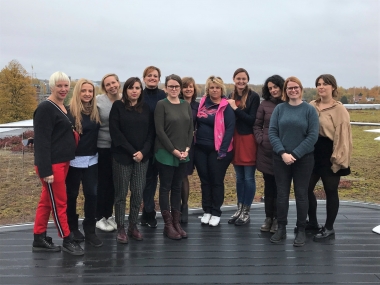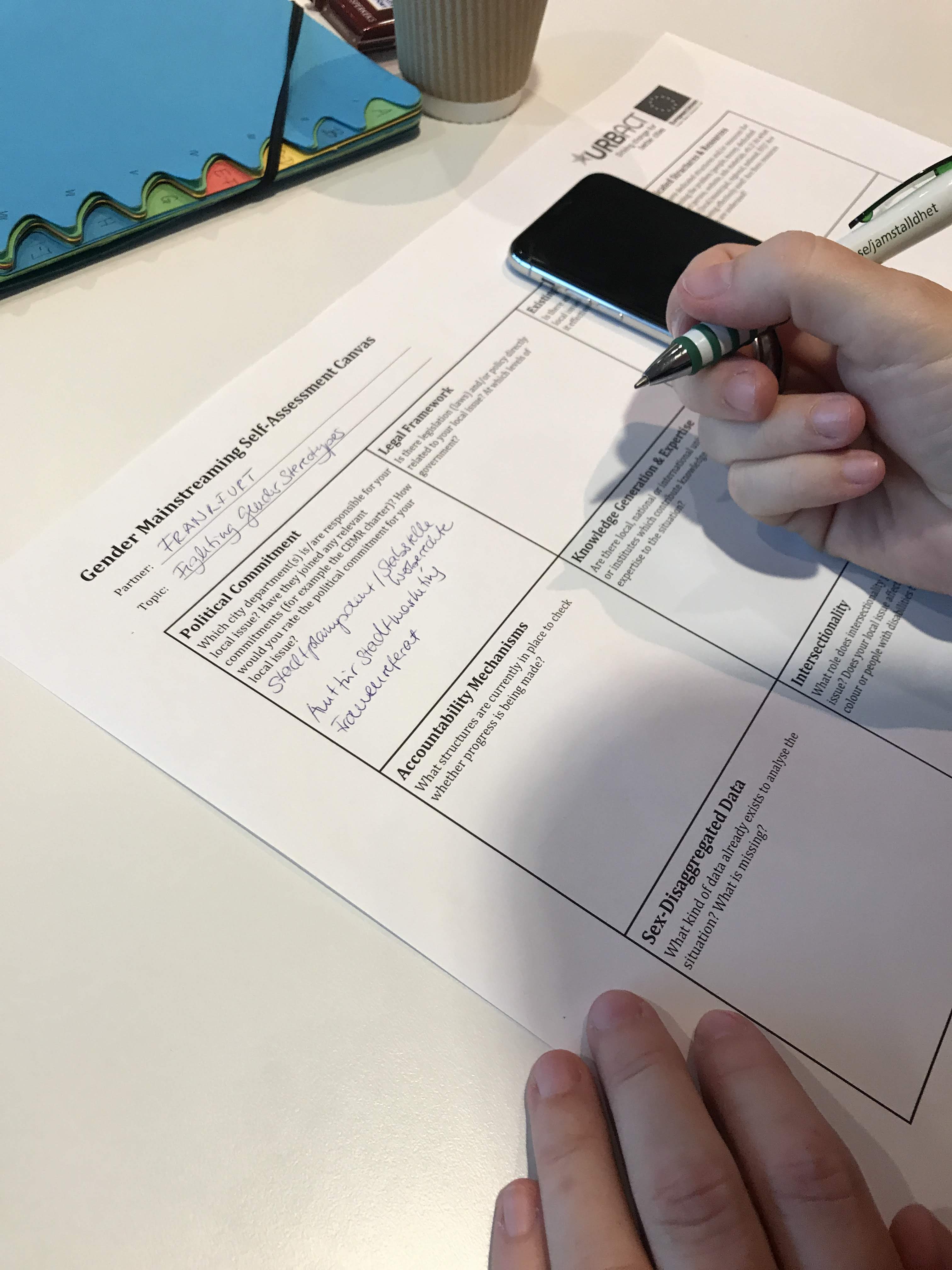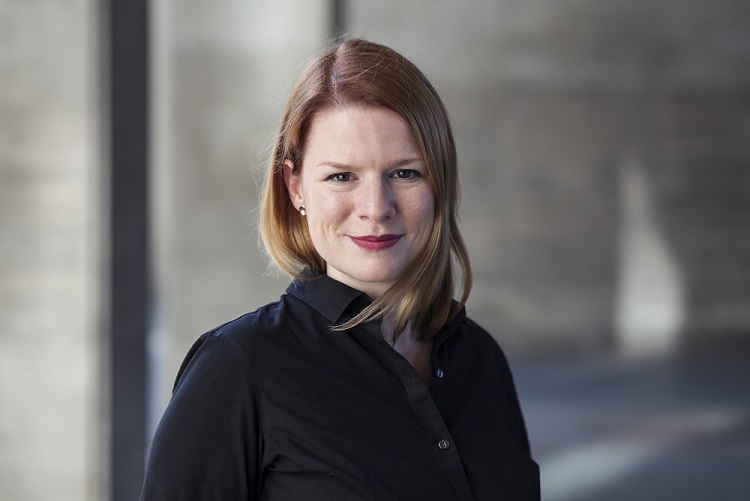“Gender is everywhere”: Introducing the Action Planning Network GenderedLandscape
Edited on
09 July 2020“Despite the leaps and bounds made over the past century, there is still a long way to go to achieve global gender equality. Inequality still impacts the way women and girls travel, work, play and live in urban environments.” – URBACT Gender Equal Cities Report .
Seven cities have embarked on a new journey to work together on embedding gender mainstreaming into integrated urban development in the URBACT GenderedLandscape Action Planning Network. The seven partners – Umea (SE), Frankfurt am Main (DE), Trikala (EL), Barcelona Activa SA (ES), La Rochelle Urban Community (FR), Panevezys (LT), and Celje (SI) – will explore gender equality in a range of topics, from smart cities to entrepreneurship.

Why gender?
Women and men experience and use the city and its resources and services differently; however gender equality is often not part an explicit part of the consideration behind urban policy and planning, despite the fact that it is a significant factor in the equitable design and delivery of public spaces and services. Moreover, many of the methods for working with gender equality are “one size fits all.” However, the barriers to implementing gender sensitive policies vary widely across contexts as a result of different local policy frameworks, administrative structures, and degrees of openness to the topic of gender. In the URBACT GenderedLandscape Action Planning Network, the seven partners’ common work will therefore focus on two topics: increasing the visibility of the gendered perspective in integrated urban development and the local contextualization and interpretation of tools and approaches for reducing gender inequality in urban policy and development.
To do this, the network will employ the URBACT method, taking an integrated and participative approach to urban challenges with a focus on transnational exchange and learning. Co-learning and peer exchange on the network level will be translated into integrated action plans on the local level and contribute to capacity building among city administrators.
Gender + Equal + Cities
Despite the fact that gender equality has been a fundamental tenet of EU policy since the 1990s and has been explicitly included in United Nations’ Sustainable Development Goals and the New Urban Agenda, policy implementation on the local and regional levels lags behind. Cities as public organizations have an extremely important role to play in creating conditions for gender equality. In order to do this, however, there needs to be a holistic understanding of how gender inequality is created by the combination of specific local conditions, including social norms, political and administrative structures, and the built space itself.
The starting point for creating public services that are user-sensitive and promote inclusion instead of exclusion is being aware of and taking into consideration the experiences of different groups as well as an understanding of how gendered power structures affect the way women and men feel about, use, and access the city. For example, how fear of violence can unequally restrict urban mobility, the gender segregated labour market and its implications for infrastructure and public transportation, and stereotypical expectations and prescriptive norms regarding responsibility for unpaid care work, just to mention a few examples. The physical structures of the city and public service design can work towards ensuring equal rights and opportunities for both genders, with a focus on ameliorating the negative effects of gender norms, but only when these are a visible, conscious element of planning.

Photo 3: Gender-responsive policies and spaces are only possible if gender is considered during decision-making.
Global, Local, Glocal?
The seven partners will explore both the global and local expressions of gendered power structures and use knowledge gained at the local level to inform and improve policy instruments on the global level. The first step in this process was to analyse the gap between policy and delivery for each city. At the kick-off meeting in Umea on 10 & 11 October 2019, the partners used a gender mainstreaming self-assessment canvas designed for the event to start thinking, among other things, about the political commitment, existing implementation plans, data, and dedicated resources related to their local challenge. These aspects will be examined in more detail during the partner visits over the coming three months.

Photo 4: At the kick-off meeting, partners performed a self-analysis using a canvas designed for the exercise.
We are excited to begin this journey together! You can keep up with our network’s and URBACT’s work on gender equality by following the hashtags #genderequalcities and #genderedlandscape or by subscribing to URBACT’s newsletter.
 Submitted by Mary Dellenbaugh on
Submitted by Mary Dellenbaugh on




